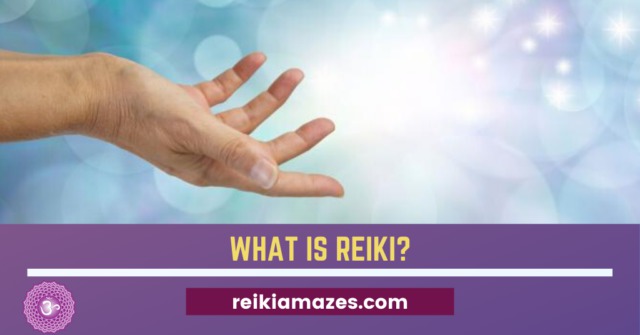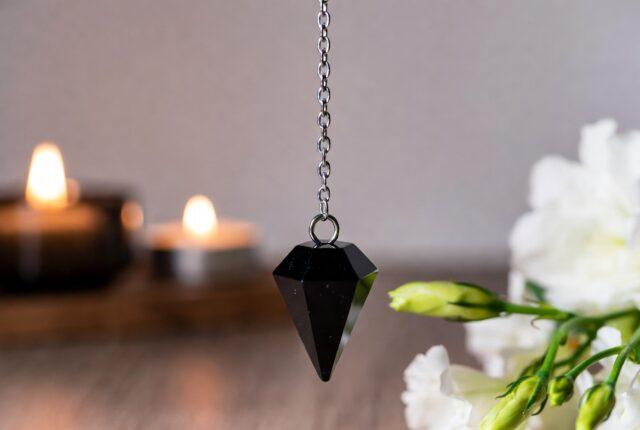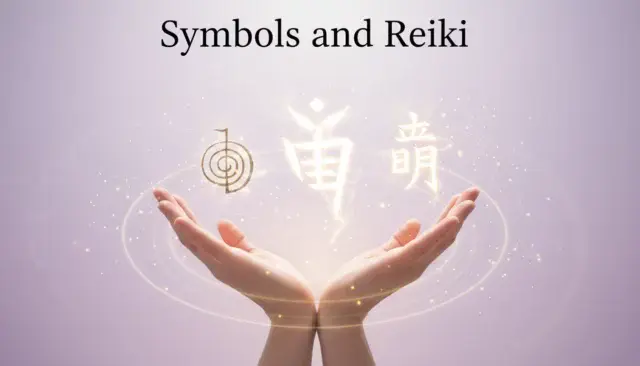Meditation is an ancient practice that is increasingly becoming part of modern life. People from all walks of life are turning to meditation to reduce stress, improve their mental and physical wellbeing, and access inner peace and clarity. But what is meditation and where did it come from? In this blog post, we’ll explore the history of meditation and provide insight into why it’s such a beneficial practice. We’ll also look at the different types of meditation available and a simple meditation technique to incorporate Meditation into your life, without fail.
What is Meditation?
Meditation is an ancient practice that has been used for centuries to help people achieve peace of mind, reduce stress, and promote overall well-being.
It is a form of relaxation and contemplation that involves quieting the mind and focusing on the present moment. Through meditation, one can learn to observe thoughts and feelings as they come and go without judgment or attachment.
There is no one definition of meditation as there are many different types and techniques that can be used to practice. However, the underlying goals are typically the same: to achieve deep relaxation, clarity, and a greater sense of self-awareness.
Origins and History of Meditation
In simple words, Meditation is a practice involving the regulation of a person’s thoughts, feelings, and physical conditions that has been around for thousands of years. Throughout history, many cultures have used meditation for various purposes, such as to achieve spiritual enlightenment, reduce stress, and improve physical and mental health.
Meditation first began in ancient India, about 5,000 years ago, as a spiritual practice. During the Vedic period, roughly between 1500 to 500 BCE, meditation began to be used as a tool for mental and spiritual development.
It was believed that through consistent practice, one could reach a higher state of consciousness. From India, meditation spread to Japan, China, and other East Asian countries. In Japan, Zen Buddhism incorporated meditation into its practice.
Meditation & Its Implications In Today’s Life
In the modern world, meditation has become increasingly popular as a tool to reduce stress, increase self-awareness, and improve overall health and well-being.
In the West, meditation has been used as a complementary therapy to traditional medicine to treat both physical and mental health issues.
Historically, it was believed that meditating could bring one closer to an understanding of one’s true self and bring about a state of inner peace.
It has also been used to bring about a greater sense of focus and concentration, which can be beneficial in a variety of situations.
Today meditation is used to manifest your heart’s desire, whether finding your soulmate or manifesting abundance and prosperity in life.
Benefits of meditation
There are many physical, mental, and emotional benefits to be gained from meditation. Meditation can reduce stress, improve concentration, boost creativity, and increase emotional intelligence.
Regular meditation can also reduce feelings of depression and anxiety, improve sleep quality, and even increase life expectancy. Physically, meditation can reduce blood pressure, improve immunity, and improve heart health.
All of these benefits can be experienced through a regular practice of meditation, and make it an ideal practice for anyone looking to experience improved mental and physical well-being.
Physical Health Benefits
Today, many people practice meditation to improve their physical and mental health. One of the primary physical health benefits of meditation is that it can help reduce stress and anxiety.
When we are stressed or anxious, our bodies produce hormones such as cortisol and adrenaline that can cause physical symptoms such as headaches, muscle tension, and high blood pressure.
Research shows that meditation can reduce these symptoms by helping to balance hormones and relax the body. Studies have found that regular meditation is associated with reduced stress, improved sleep, and increased concentration.
Mental Health Benefits
Meditation has been used for many reasons over the years, ranging from spiritual growth and connection to inner wisdom to relaxation and stress relief.
But what many people don’t realize is that meditation has also been used as a powerful tool for mental health. Studies have shown that regular meditation can lead to long-term changes in the brain, including increased gray matter in areas associated with emotional regulation and increased connectivity between brain regions associated with attention and concentration.
Not only can meditation help cope with the present, but it can also reduce the risk of future mental health issues. With regular practice, this ancient practice can be a great asset to help maintain mental and emotional balance and overall health.
Research has shown that regular meditation can decrease levels of anxiety, depression, and stress, as well as improve mental clarity, focus, and productivity.
Emotional Benefits of Meditation
Meditating regularly can have tremendous emotional benefits and help you cultivate a better sense of emotional well-being.
It can help you increase feelings of contentment and happiness, and enable you to better manage and respond to your emotions. It can also be an excellent way to give yourself time and space to process any difficult emotions you may be feeling, enabling you to gain a greater understanding of yourself and your reactions to stressful situations.
Ultimately, meditation can be an incredibly powerful tool to help you to cultivate emotional well-being and find more peace of mind.
Spiritual Benefits of Meditation
Meditation can help you tune in to your inner self and can also bring you into a state of calm and peace. When you meditate, you are able to better connect with your true self, allowing you to connect with a higher power or universal energy.
This connection can help you to tap into your spiritual side, leading to a deep sense of inner peace, tranquility, and contentment. It can also help you to better understand your purpose in life and can allow you to gain insight into the higher meaning of life.
Different types of meditation
Meditation is an ancient practice of self-reflection and mindfulness that has been used for thousands of years. It is a way to quiet our minds, settle our thoughts, and increase our awareness of the present moment. There are many different types of meditation, each with its own unique benefits and techniques.
The most popular types of meditation include mindfulness meditation, mantra meditation, walking meditation, loving-kindness meditation, and transcendental meditation.
Mindfulness meditation involves focusing on the present moment, such as the sensations of your breath or the sights and sounds around you.
Mantra meditation involves repeating a phrase or sound in your mind to bring your attention back to the present moment.
Walking meditation involves taking slow, mindful steps while focusing on the sensations in your body.
Loving-kindness meditation involves sending positive thoughts and feelings to yourself and others.
Transcendental meditation involves repeating a sound or phrase in order to reach a state of deep relaxation.
Simple Technique to practice meditation
By now you must have realized the importance of meditation day to day life. But do you think that it’s not possible for you to incorporate it into your busy life?
No worries, Meditation need not be a difficult and complicated procedure. On the contrary to people’s belief, it’s very easy to practice. so here are some simple steps that you can follow and achieve the desired results.
1. Find a comfortable space. Meditation can be practiced anywhere, but for a more meaningful experience, consider finding a space that’s free from distractions and noise.
2. Make yourself comfortable and relaxed, and make sure your back is straight and your eyes are closed. You can set the mood with some soothing music, or just focus on the sound of your breath.
3. Begin by taking a deep breath and hold it for 5 seconds..
…exhale and relax…
…take another deep breath, as deep as you can, and hold it, count for 5 seconds…
and as you exhale just imagine blowing out all of your stress……
take a third deep breath and hold it…
…and as you exhale you blow out any stress you’ve been holding on to, saying to
yourself “relax now”
4. With each breath, you are releasing any stress or tension in your body. Let your body relax into a peaceful state. Feel the peace and relaxation that comes from this simple act.
5. Allow your awareness to expand this experience. Notice any pleasant thoughts or feelings that arise, just observe without judgment.
6. When you’re ready, slowly open your eyes, taking your time to adjust back to the present.
7. Take one more deep breath and give yourself a moment to appreciate the peace and relaxation you have found.
Thank You.
Isn’t it easy, just relax and focus on your breaths, that’s it. I hope you will practice this easy method to get started and once you are familiar with it, you can start practicing more advanced meditation.
Conclusion
In conclusion, meditation has been around for centuries and is still practiced today. It has been proven to help reduce stress, anxiety, and depression, as well as improve focus and concentration. It can be done in a variety of ways, from guided meditation to silent sitting. No matter what form it takes, meditation is a powerful tool to help us achieve peace and balance in our lives.












![26 Reiki Points For Self Treatment – Refresh Yourself Everyday-[Updated]](https://reikiamazes.com/wp-content/uploads/./Feature-Image-Small.jpg)
